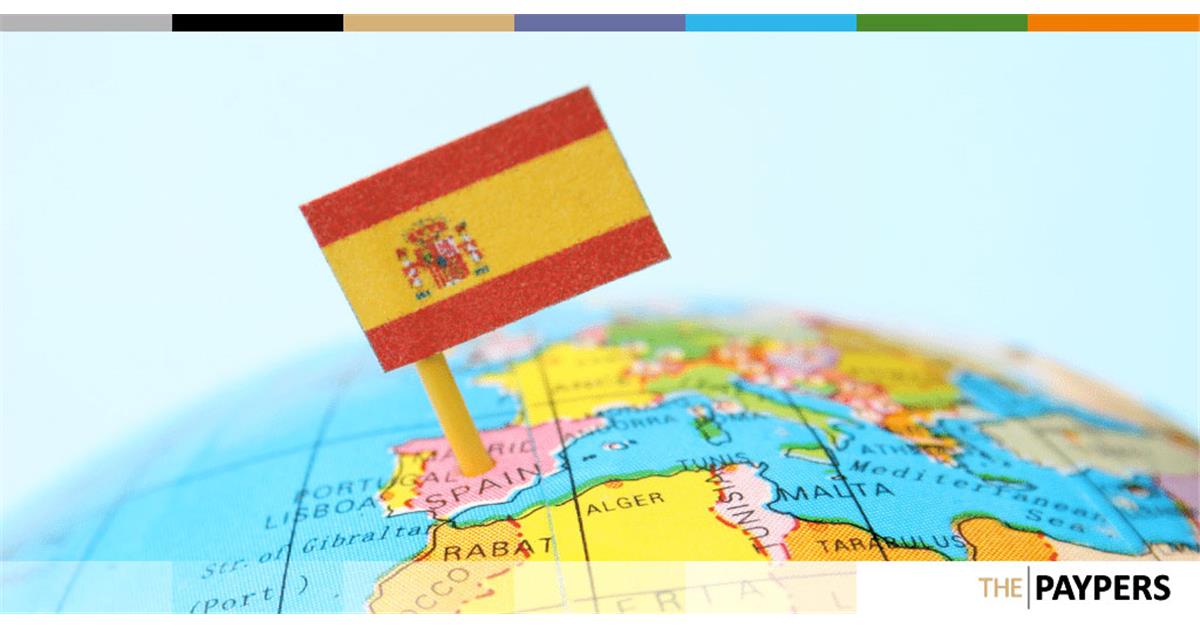A Spanish publication reported on the Spanish Ministry of Finance’s plans to target cryptocurrencies and NFTs with new tax reforms.
Specifically, the Spanish Ministry of Finance is proposing tax reforms aimed at strengthening its ability to seize both cryptocurrencies and non-fungible tokens (NFTs) in cases of tax violations. The reform is outlined in an amendment to Article 162 of the General Tax Law and aims to give local tax authorities the power to confiscate digital assets when dealing with users’ unpaid tax debts.
Additionally, adjustments to public collection regulations are proposed to facilitate the embargo on cryptocurrencies. According to crypto.news, the ministry reportedly has information on taxpayers’ crypto holdings due to the requirement for individuals and companies to declare foreign crypto assets introduced this year.
Although the report provided lacks specific details on the timeline for this initiative, Spain has already set itself apart in Europe by introducing extensive taxation for cryptocurrencies. For example, taxpayers are required to report gains and losses related to cryptocurrencies on their personal income tax returns.
Additionally, individuals holding more than €50,000 in cryptocurrencies will have until March of this year to declare their assets for wealth tax purposes. In particular, those who rely on self-custodial wallets such as MetaMask or Ledger are directed to use the existing wealth tax form, Form 714, for reporting purposes.
In this context, the Spanish tax authorities issued over 325,000 warnings to residents who failed to declare their cryptocurrencies in 2023, a significant increase from the 150,000 warnings issued in 2022. did.

Spanish virtual currency regulation
According to Global Ledger Insights, the Spanish government maintains a cautious stance towards cryptocurrencies due to its commitment to protecting investor and consumer rights. This conservative approach was shaped by financial, securities, and crypto fraud incidents during the recession. In particular, cryptocurrencies do not hold the legal status of legal tender as established by Law 46 of 1998, which designated the euro as Spain’s national currency from January 1, 1999.
Addressing anti-money laundering (AML) concerns, the Spanish government enacted Royal Decree 7/2021 on April 27, 2021. This Decree transposed the EU Directive into national law and amended the existing Law 10/2010 on the Prevention of Money Laundering and Financing. terrorism. Of particular importance is the formal definition of virtual assets and new regulated entities such as “providers of services relating to the exchange of virtual currencies and fiat currencies and the custody of virtual wallets” (referred to as “virtual currency service providers”). It’s included. ) within Article 2 of Act 10 of 2010. All virtual currency service providers are therefore obliged to register these entities in the Bank of Spain’s dedicated registry.
